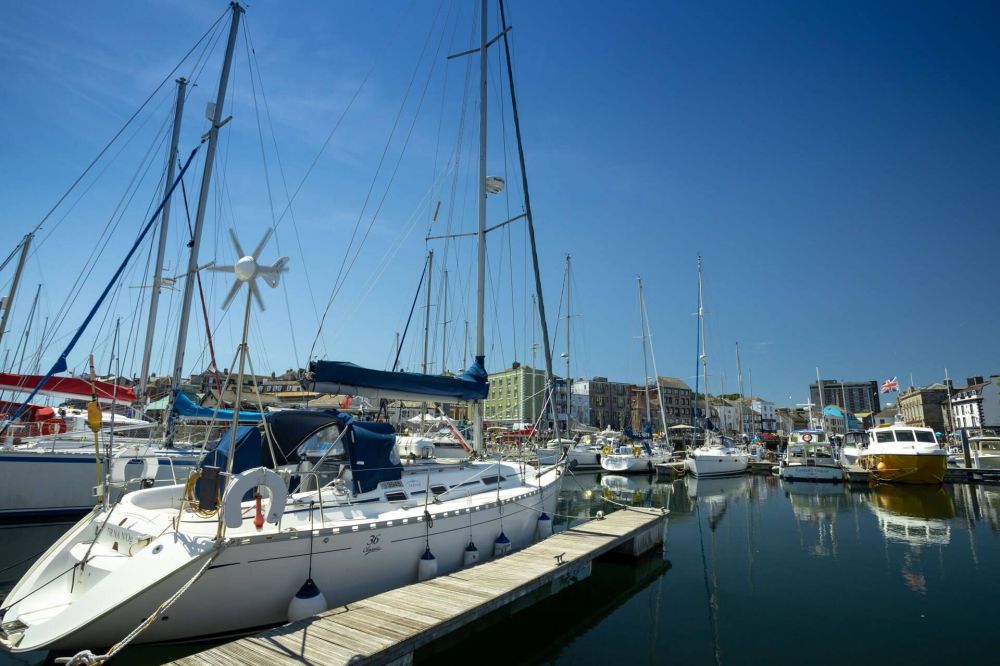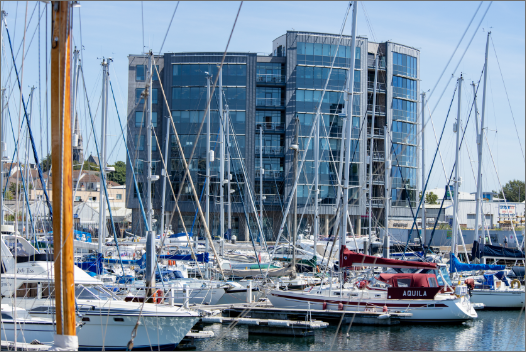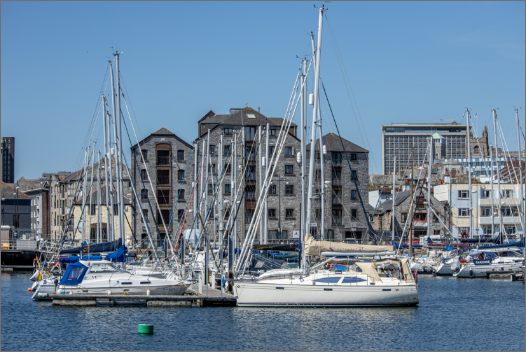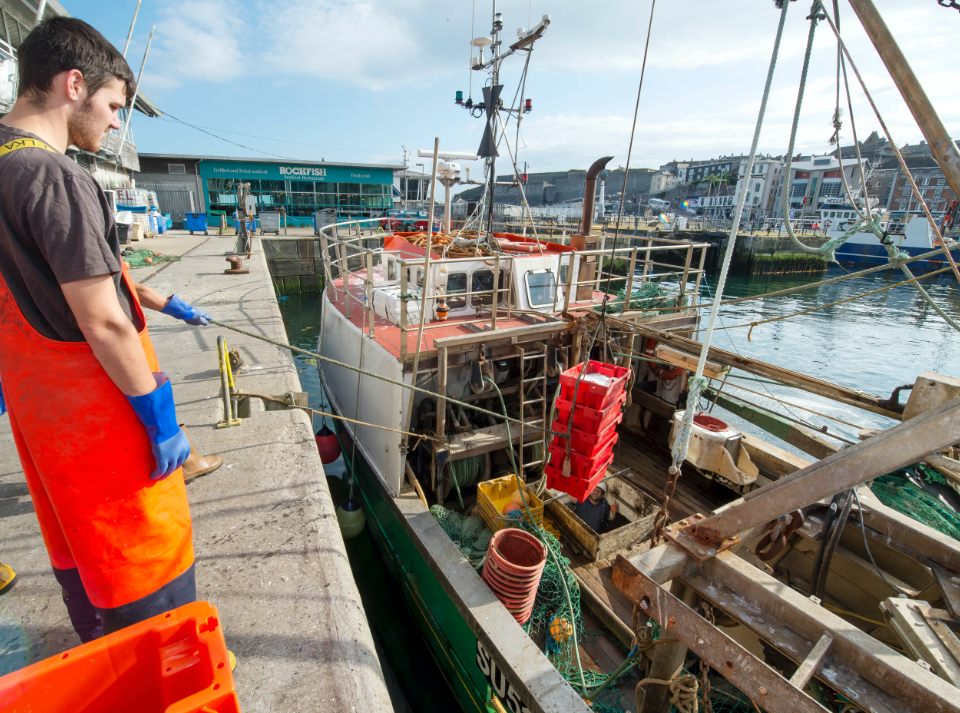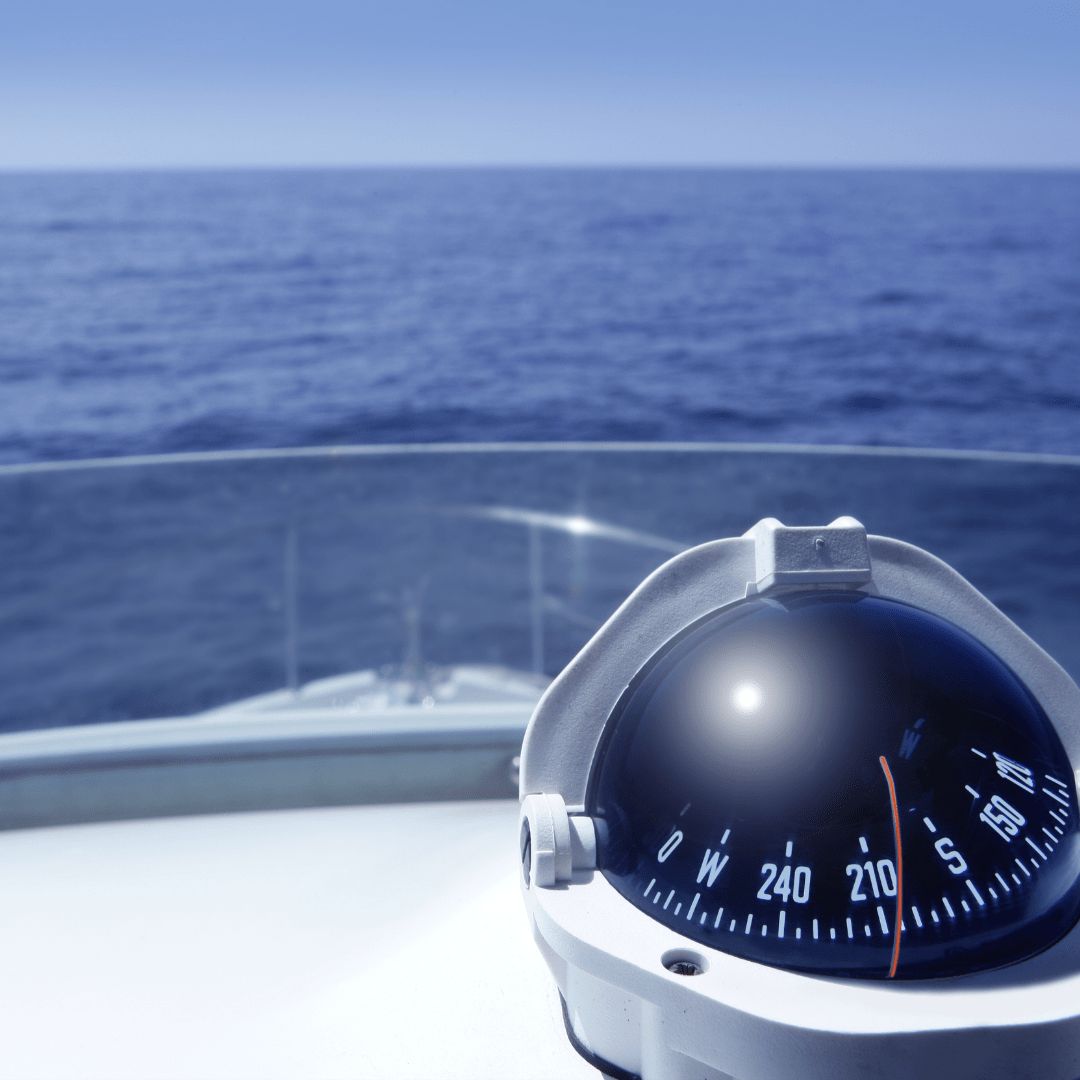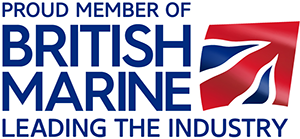Sailing offers an exhilarating experience on the open waters, with the wind in your sails and the freedom to explore vast horizons. However, with this excitement comes the responsibility of adhering to boating regulations to ensure safety for all on board and protect the marine environment. In this comprehensive guide, we will take you through essential boating regulations that every sailor must know before embarking on their nautical adventures.
- Understanding Navigational Rules
Navigational rules form the foundation of safe sailing and are crucial to preventing collisions on the water. As a sailor, you must familiarise yourself with the International Regulations for Preventing Collisions at Sea (COLREGs). These rules govern various aspects of navigation, including right-of-way, overtaking, and proper lighting at night. Ensure you have a copy of these regulations on board and be confident in applying them in different situations.
- Licensing and Certifications
In the UK, it’s essential to possess the appropriate licences and certifications before taking charge of a sailboat. The Royal Yachting Association (RYA) offers a range of courses, from basic sailing to advanced offshore qualifications. Obtaining the necessary certifications not only enhances your sailing skills but also instil confidence in your ability to handle a vessel safely.
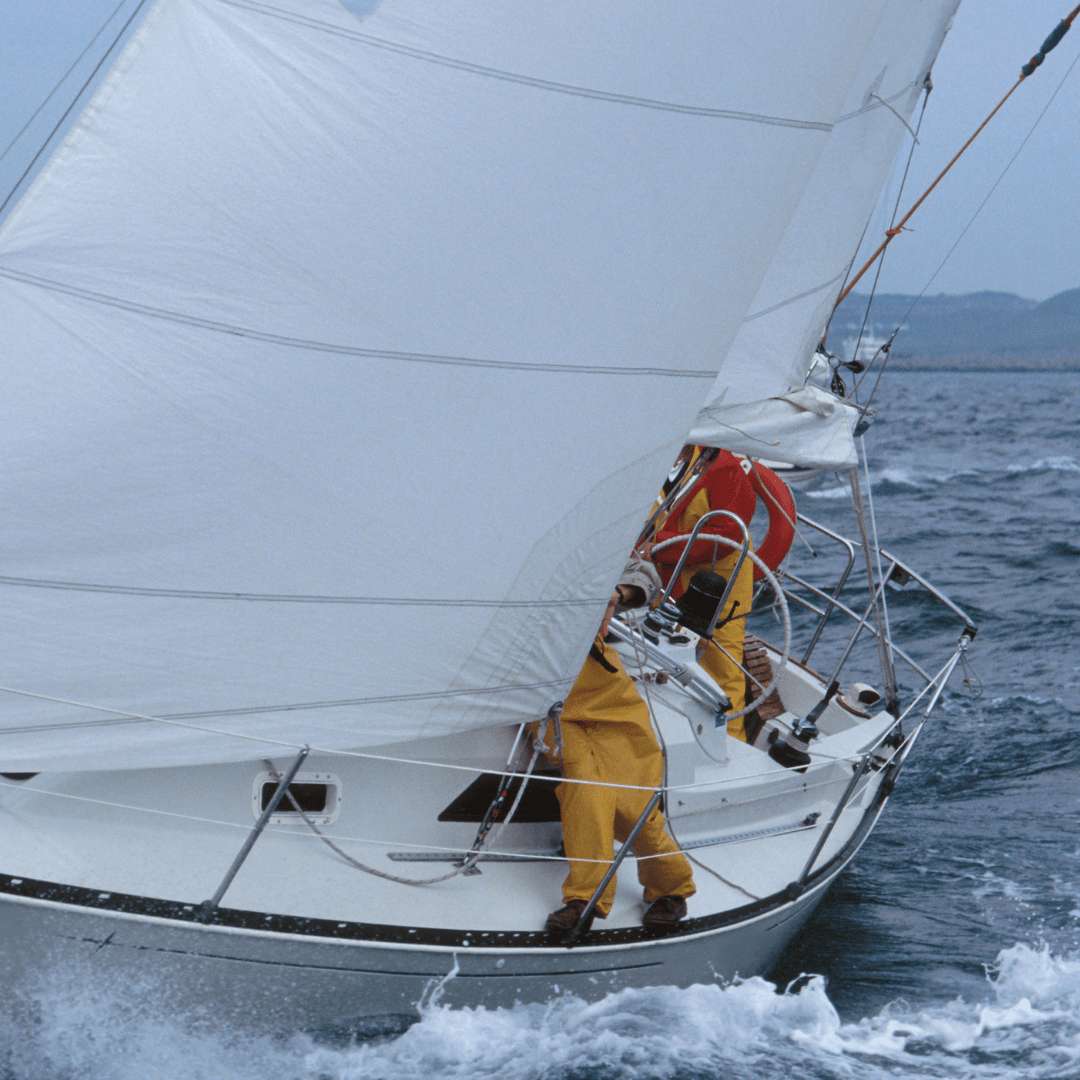
- Safety Equipment and Checks
Before setting sail, conduct thorough checks on safety equipment to ensure they are in proper working condition. Life jackets, fire extinguishers, distress signals, and first aid kits are among the essential items that should be on board. Regularly inspect the boat’s condition and perform routine maintenance to avoid any unexpected breakdowns at sea.
- Weather Awareness
Always keep a close eye on weather forecasts before and during your sailing trip. Sudden changes in weather conditions can pose significant challenges and risks. Be prepared to alter your plans or return to the marina if adverse weather is approaching. Remember, the safety of you and your crew should always take precedence over any itinerary.
- Environmental Considerations
As sailors, we have a responsibility to protect the marine environment. Respect marine life and habitats by avoiding sensitive areas and adhering to speed limits in designated zones. Dispose of waste responsibly and never throw anything overboard. Consider participating in local beach cleanups to give back to the beautiful waters that bring us so much joy.
Conclusion
Sailing is a fulfilling and rewarding hobby, and by adhering to boating regulations, we can ensure the safety of ourselves, our crew, and others sharing the waters with us.
Understanding navigational rules, obtaining proper certifications, and maintaining safety equipment are fundamental aspects of responsible sailing. Coupled with weather awareness and environmental considerations, you can embrace the freedom of the seas while being a responsible and conscientious sailor.
Bon voyage and safe sailing!

